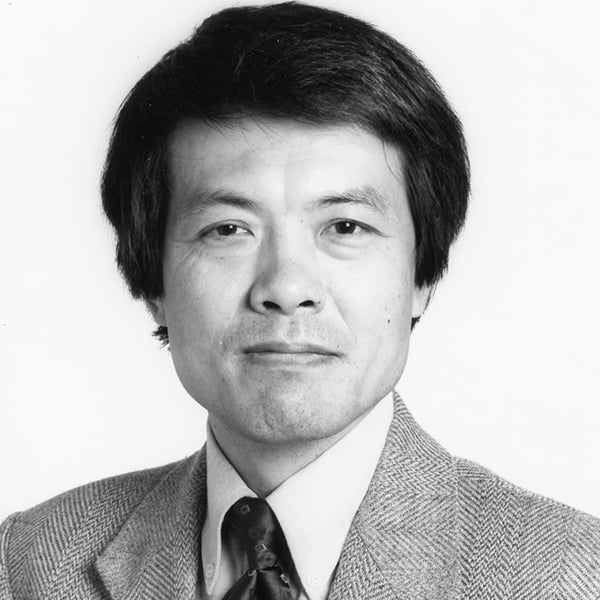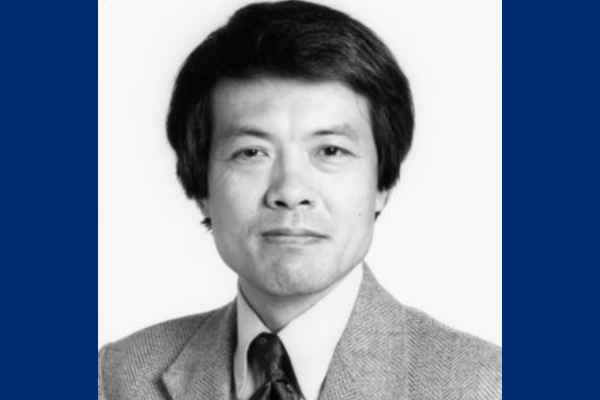Research Interests
Our research aims to understand brain mechanisms responsible for auditory perception and vocal communication in a naturalistic environment. We are interested in revealing neural mechanisms operating in the cerebral cortex and how cortical representations of biologically important sounds emerge through development and learning.
Perception and production of communication sounds (e.g. human speech and animal vocalizations) are among the most important behaviors of humans and higher order mammals and are crucial for a species’ survival and well-being. Because of the complexity and behavioral importance of the communication sounds, their neural representations in the cerebral cortex provide invaluable insights into computational principles that the cortex uses to process a wide range of sounds such as speech and music. Understanding how the brain processes communication sounds and music will undoubtedly open windows on our understanding of human language perception.
We use a combination of state-of-the-art neurophysiological techniques and sophisticated computational and engineering tools to tackle our research questions. Current research in my laboratory includes the following areas:
- Neural coding of species-specific vocalizations in a naturalistic environment;
- Cortical organization for processing music sounds (e.g., pitch and harmonicity);
- Vocal production and control mechanisms in the primate brain;
- Neural mechanisms underlying auditory-vocal interaction;
- Cortical coding of complex sounds via cochlear implant stimulation;
- Developmental and experience-dependent plasticity in auditory cortex;
- Application of wireless recording techniques in studying brain activity during social interactions.
Titles
- Professor, Biomedical Engineering
- Professor, Neuroscience and Otolaryngology
Affiliated Centers & Institutes
Education
- PhD, Biomedical Engineering, Johns Hopkins University, 1991
- MSE, Electrical Engineering and Computer Science, University of Michigan, 1986
- BS, Electrical Engineering, Sichuan University, 1984
Recent Highlights
-
April 27, 2017Xiaoqin Wang, a professor of biomedical engineering, has won a $12 million award from the Defense Advanced Research Projects Agency (DARPA) for work with a multi-university team that will focus on targeted neuroplasticity training.
-
January 4, 2016A recently published study led by BME professor Xiaoqin Wang, reveals that, much like humans, marmoset monkeys distinguish between high and low notes.


